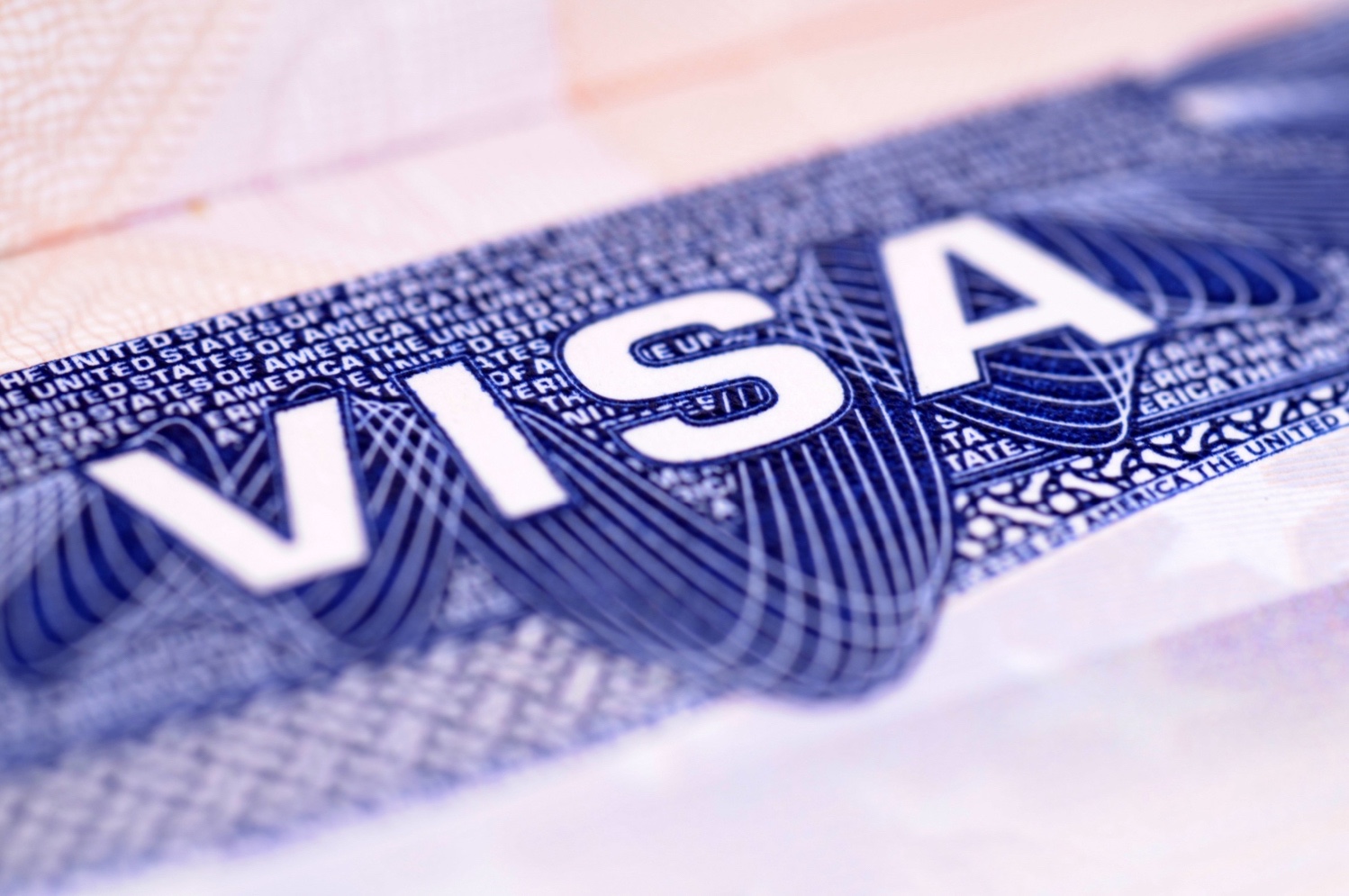Generally one’s country of birth is assigned to an immigrant for purposes of ascertaining quota availability. If an applicant is from mainland China, Mexico, India or the Philippines, there is a long quota delay because these countries have oversubscribed quotas. More than 20,000 immigrants enter from each of these countries annually, which is the limit for admissions granted any country. Since there are more applicants from these countries than are admissible, each of these nations have longer waiting periods for immigration as a result. The quota availability depends on employment or family.
Alternate chargeability, however, is available to married persons wherein if one of the spouses was born in a country which has a shorter waiting period, the other spouse may take advantage of the shorter waiting time.
Usually the waiting time for spouses of permanent residents is very long. For example for all chargeability areas the quota is behind back to May 8, 2001. In China and India the wait is from April 1, 2002, from Mexico back to December 1, 2000, and for the Philippines to February 2, 1992. For children of permanent residents the waiting is longer: the worldwide quota for unmarried sons and daughters of permanent residents is back to August 15, 1997, as well as for China and India; for Mexico it is delayed back to March 1, 1992 and for the Philippines to October 1, 1996.
EXTENDING H-1Bs FOR APPLICANTS FOR WHOM PERMANENT RESIDENCE VISAS ARE UNAVAILABLE
After the approval of the I-140 employment based preference petition, the 3rd preference petition holder may qualify under section 104(c) of the American Competitiveness in the 21st Century Act for an extension of H-1B status in 3 year increments until an adjustment of status is approved. An application for an H-1B extension may be applied for 6 months prior to expiration of the H-1B. Still the waiting time for permanent residence is very long to achieve residence by the 3rd preference petition. If the applicant is able to acquire a Master’s degree, and then by applying for the 2nd preference, the quota period may be considerably shortened especially for those who file under the worldwide quota.
For the family based 2nd preference, a son or daughter would lose the 2nd preference if the beneficiary marries. However, if the sponsoring parent obtains U.S. citizenship, the beneficiary would be able to switch to the family based 3rd preference and the son or daughter would still retain the original priority date from family based 2nd preference.
PASSING FROM 3RD PREFERENCE TO 2ND PREFERENCE EMPLOYMENT BASED
For employment based preferences, the quota time for an applicant who is eligible for a 3rd preference because the applicant is a skilled worker, or professional and who usually only has a bachelor’s degree is backed up to August 1, 2002 for the worldwide quota and for China and India is backed up to May 8, 2001. Mexico is backed up to May 15, 2001. The Philippines is backed up to August 1, 2002. If an applicant, however, obtains a Master’s degree, he/she may be eligible for a 2nd preference as a member of the professions holding an advance degree. The employment based 2nd preference under the worldwide quota is current for the 2nd preference; for China, it is retarded to April 22, 2005; for India, January 8, 2003, and for Mexico and the Philippines it is current. By thus securing a Master’s degree, an applicant may considerably reduce the waiting period.
EFFECT OF CHANGING FROM RESIDENT TO CITIZEN
By becoming a U.S. citizen, a sponsoring spouse may shorten the waiting time because the spouse of a citizen would be non quota, hence immediately eligible for residence as well as the children who are under 21 and unmarried.
If you need help or advise, call us at (212)944-9420.
Our assistance is only a phone call, or e-mail communication away!



